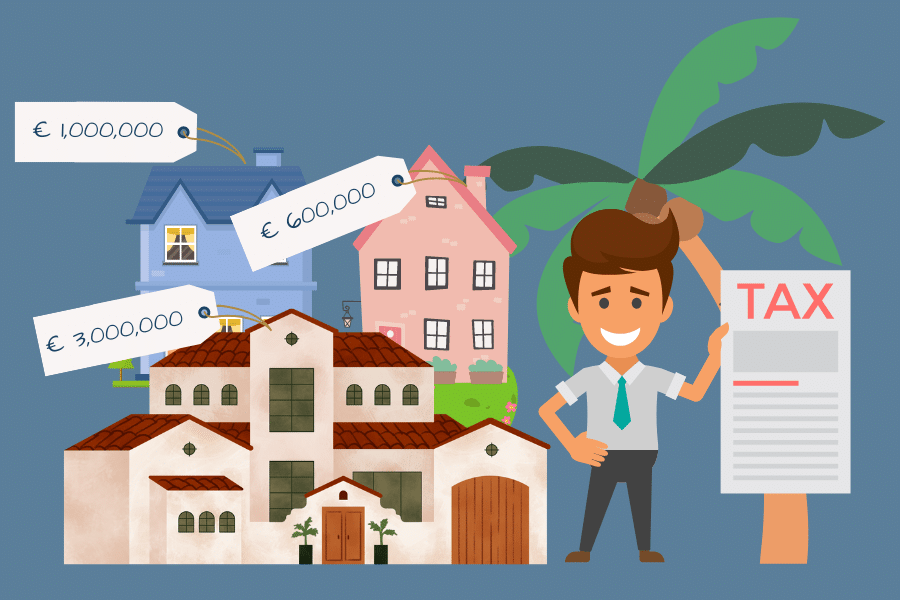The majority of the year-end statements will be correct with no or minor adjustments from the individual as much of the relevant information is reported by employers, pension providers, banks, etc. And the obligation to correct any errors fall upon these third parties, as well.
However, in some cases, the year-end statement will not reflect the correct situation or no year-end statement will have been issued at all. If so, the individual is obligated to submit an information scheme (tax return).

Verify that the information is accurately reported.
Is the information inaccurate, consider if the information is reported by your employer or any other third party, or if you are obligated to adjust.

Have you received income not sourced in Denmark or not reported in Denmark?
Examples range from investments from a non-Danish source, non-Danish pension, crypto currencies, etc.

Have you worked outside of Denmark or are you a subject to tax liability to another country than Denmark?
If you are a resident of Denmark for tax purposes, you need to consider how to reflect the taxes of the other country in your Danish tax return.
Are you a Danish resident working abroad?
If you are a Danish resident and working abroad, you may need to consider the following:
- Are you taxable to other countries than Denmark and how can double taxation be avoided?
- Are the income earned while working abroad taxable to Denmark or can the Danish exemption rules (“Ligningslovens § 33A”) be applied?
- Are you covered by the rules of social security in another country – and can contributions be deducted in Denmark
- Are you able to deduct expenses related to travelling, accommodations, etc.?

Do you have foreign investments or assets?
If you are a Danish resident and have foreign investment, you may need to consider the following:
- Are you taxable to other countries than Denmark and how can double taxation be avoided?
- How is the investment taxed in Denmark (yield, capital gain or similar)
- Are there any requirements to register the assets with the Danish Tax Agency (“Skattestyrelsen”)?
- Are you taxable on the value of your property?
Are you a frontier worker?
If you are a non-Danish resident working regularly in Denmark, you may need to consider the following:
- Are you able to utilize the Danish frontier worker regime (“Grænsegængerreglerne”)?
- Are the Danish year-end statement correctly reflecting your work schedule for the income year?
- How do you settle Danish and home country taxes?
- Have you received bonus or similar payments – and how much should be taxed in each of the countries?
- Do your year-end statement result in a residual tax payment in Denmark?
Do you have employment in Denmark with foreign aspects to consider?
Do you have a non-Danish employer, you may need to consider the following:
- Have a Danish tax withholding been applied and how do you settle taxes?
- Have you received benefits in kind which is not reported (e.g., employee shares program, warrants, etc.)?
- Are the income reported or should you submit an information scheme?

Are you relocated to or from Denmark?
If you have relocated to Denmark or from denmark, you may need to consider the following:
- Are the Danish year-end statement correctly reflecting your calendar for the income year?
- How do you settle Danish and relocation country taxes?
- Have you received bonus or similar payments – and how much should be taxed in each of the countries?
- Do your year-end statement result in a residual tax payment in Denmark?
- Are you subject to exit-taxation?
- Should your income be converted to a full-year income in Denmark?
Get Tax Reconciliation ASSISTANCE
* By checking GDPR Consent, you agree to let us store the information you provided in our system. You can always contact us to permanently remove your data.







 ® – 2024. All rights reserved. Crossbord
® – 2024. All rights reserved. Crossbord